Health
-

Six cancers rising faster in younger adults than older ones
Large new global study fuels growing concern over trend of increases in several types

-

What’s next for GLP-1s?
Scientists eye new treatment targets for popular weight-loss drugs, from heart failure to addiction
-

Pricey blockbuster GLP-1s are costing users — and most of the rest of us, too
Health insurers are passing along cost for coverage in form of higher rates across the board, policy researcher says
-

Drinking 2-3 cups of coffee a day tied to lower dementia risk
Caffeinated tea also found to slow cognitive decline in study

-

New AI tool predicts brain age, dementia risk, cancer survival
Unlike other AI models, BrainIAC needs limited data to ID key neurological health indicators

-

It’s time to get more comfortable with talking about dying
Palliative care physicians offer advice for end-of-life conversations between patients, loved ones
-
When disease strikes, gender matters
Experts in Harvard Chan School discussion call for more sensitivity to differences between men and women in study and treatment of disease.
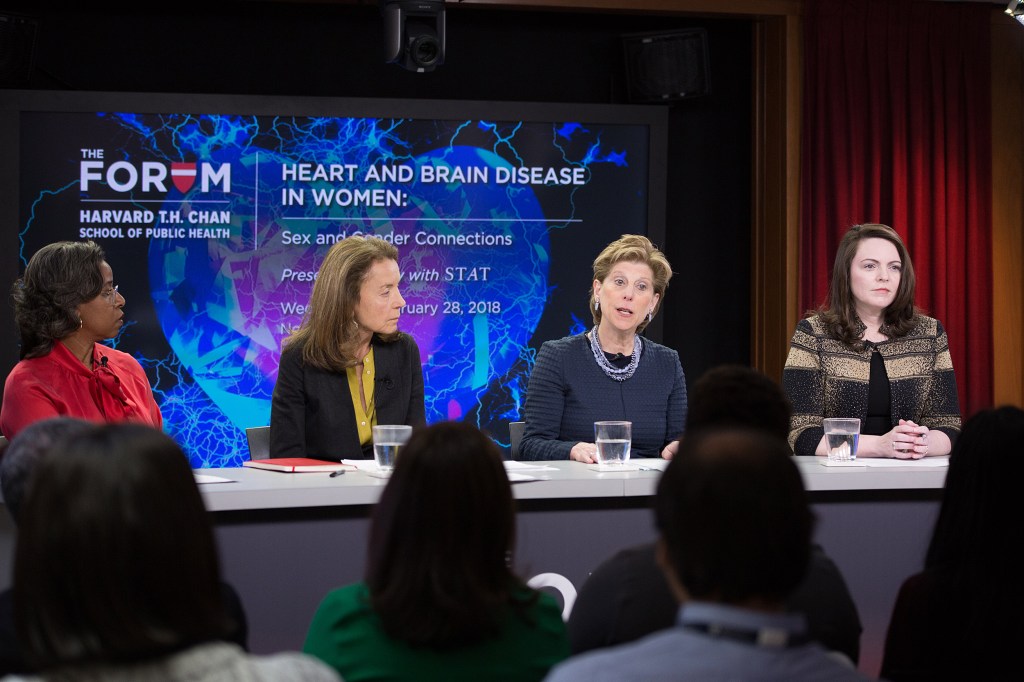
-
Hip replacement needed a ‘light bulb moment.’ Getting there was painful.
In his new book, “Vanishing Bone,” Harvard surgeon William Harris described setbacks on the path to breakthrough collaboration that corrected a major problem in hip replacement surgery.
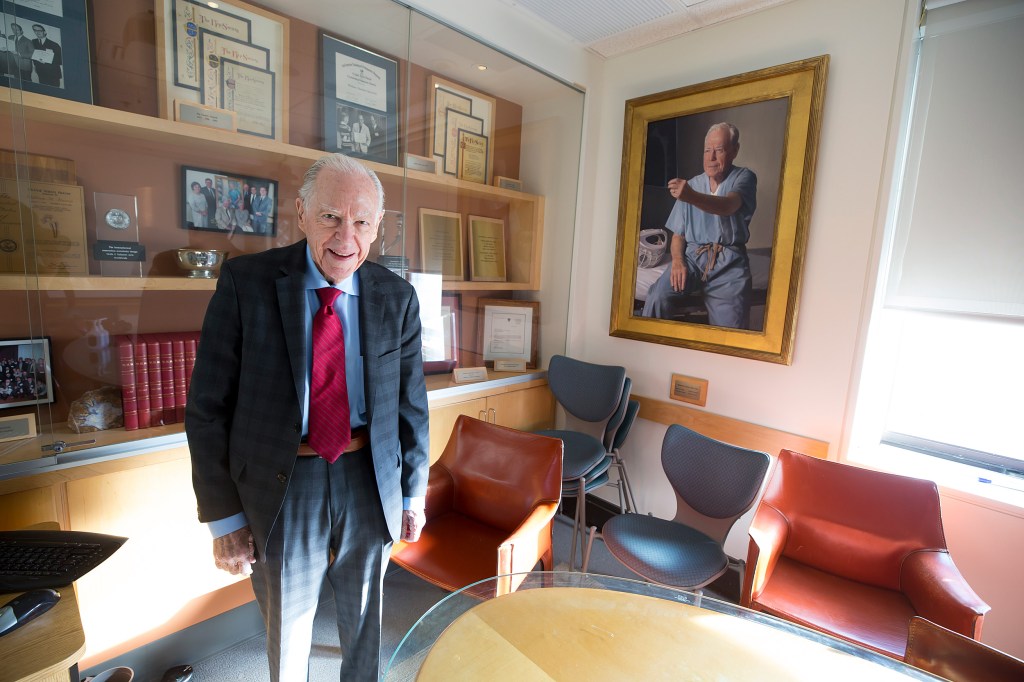
-
Electronic health records don’t cut administrative costs
A new study finds electronic health record systems doesn’t reduce costs for bill processing, leaving primary care services with an average $100,000 tab per provider.

-
Fighting the flu at less than full strength
Panelists focused on gaps in vaccination in a Harvard Chan School discussion on the flu.
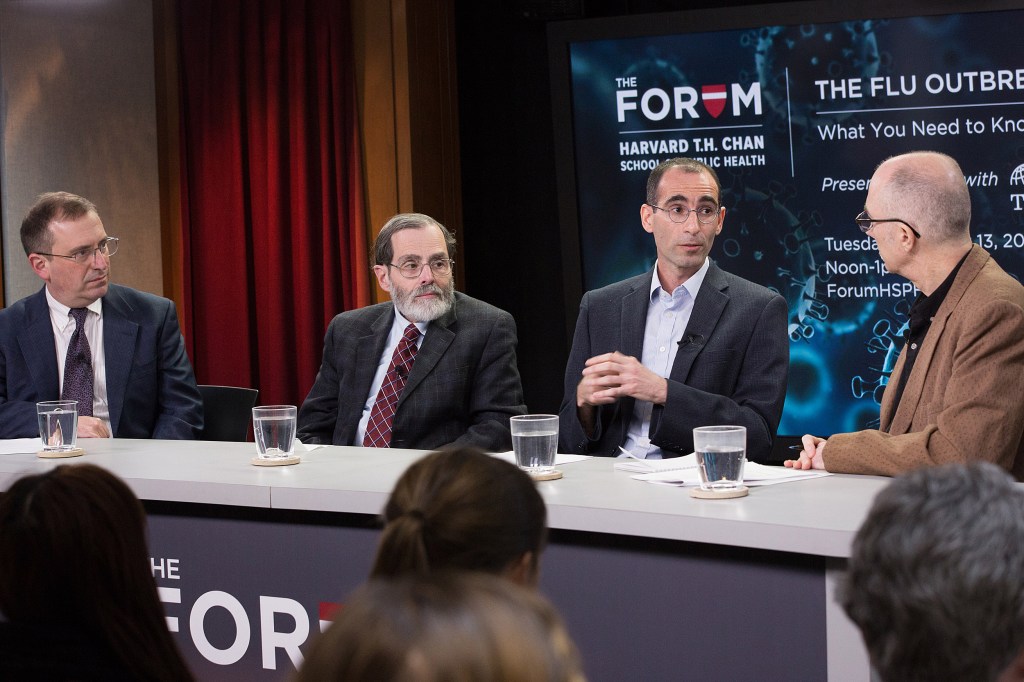
-
Your building might be making you sick. Joe Allen can help.
On his first day at Harvard Chan School, Joe Allen was challenged by one of his bosses to do world-changing research. He’s been on working on it ever since.

-
When love and science double date
They suggest that couples share goals and aspirations, stay curious about each other, and, for pity’s sake, go out once in a while.

-
Ahead for health care, a likely mixed bag
The repeal of the Affordable Care Act’s individual mandate will likely mean that some healthier and higher-income people leave the rolls of the insured, but it won’t mean the law’s doom, says Harvard T.H. Chan School of Public Health Associate Professor Benjamin Sommers. Still, the dilution and unenthusiastic administration of the law likely means the country has passed peak enrollment numbers.
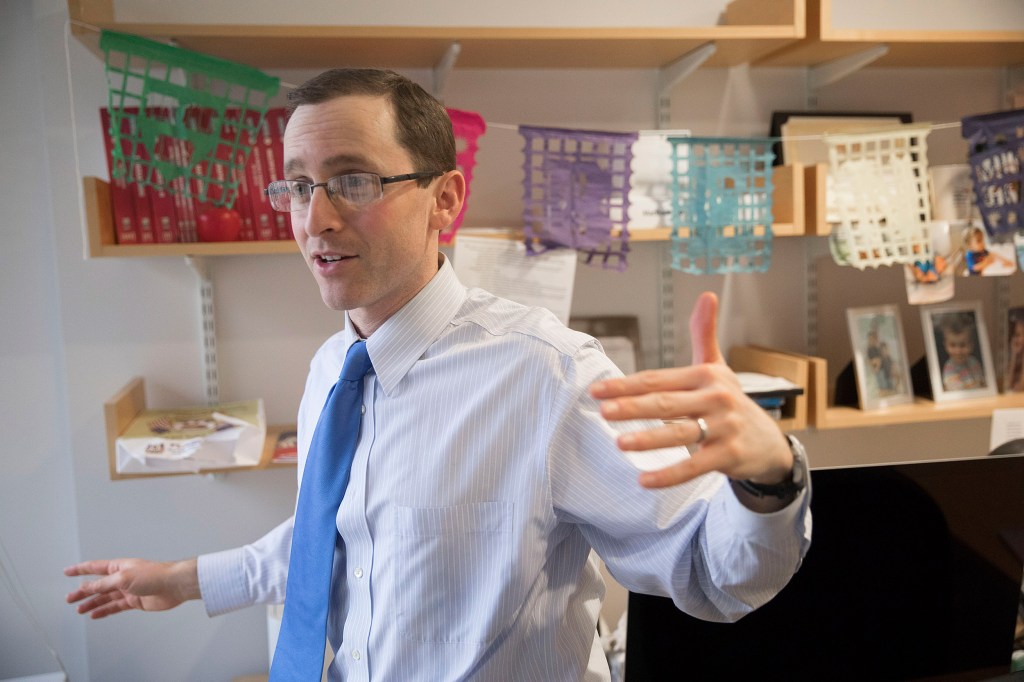
-
Study tracks mercury sources in seafood
Harvard researchers have mapped geographic sources of methylmercury in seafood, with tuna and shrimp big factors.

-
Songs in the key of humanity
A new Harvard study suggests that people around the globe can identify lullabies, dancing songs, and healing songs — regardless of the songs’ cultural origin — after hearing just a 14-second clip.

-
Opioid epidemic top priority for surgeon general
U.S. Surgeon General Jerome Adams said the opioid crisis is his top priority, but that showing the effects of the nation’s poor health on economic growth and national security are also key.

-
Everywhere you look, flu
Answers from Yonatan Grad, an assistant professor of immunology and infectious disease, on why this year’s flu season has been so severe.
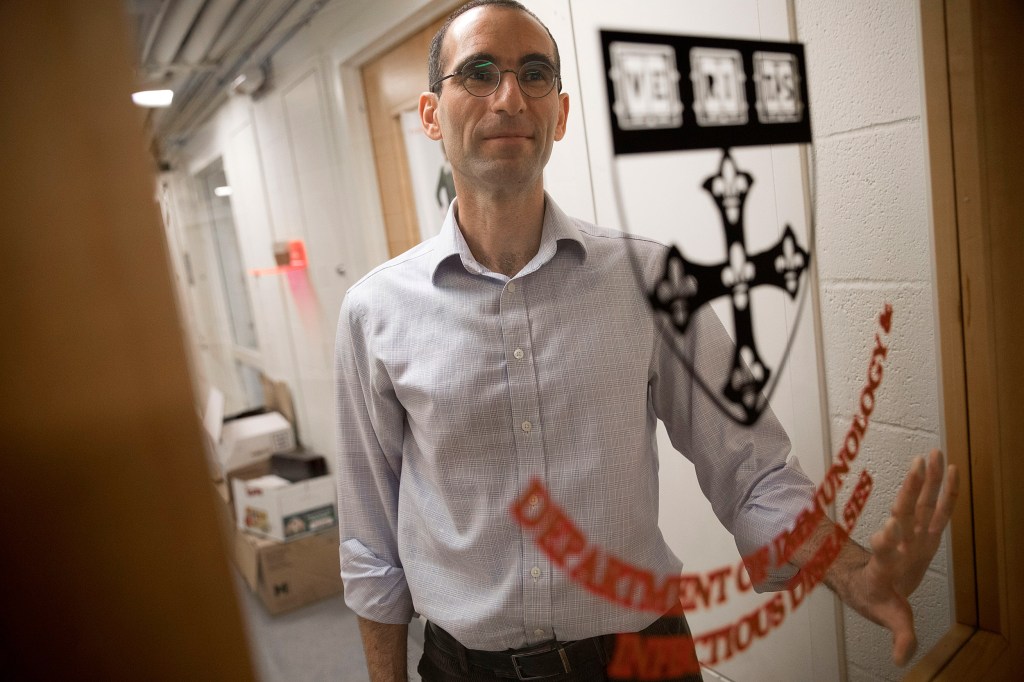
-
A volume control for the brain
The brain is awash in sights, sounds, smells, and other stimuli every moment. How can it sort through the flood of information to decide what is important and what can be relegated to the background? Harvard researchers found evidence that oxytocin, popularly known as the “love hormone,” plays a crucial role in helping the brain process social signals.

-
Researchers probe stomach surgery’s ‘miracle’ secrets
Harvard researchers are bringing an engineer’s perspective to a medical mystery — how does gastric bypass surgery do so much more than reduce weight?
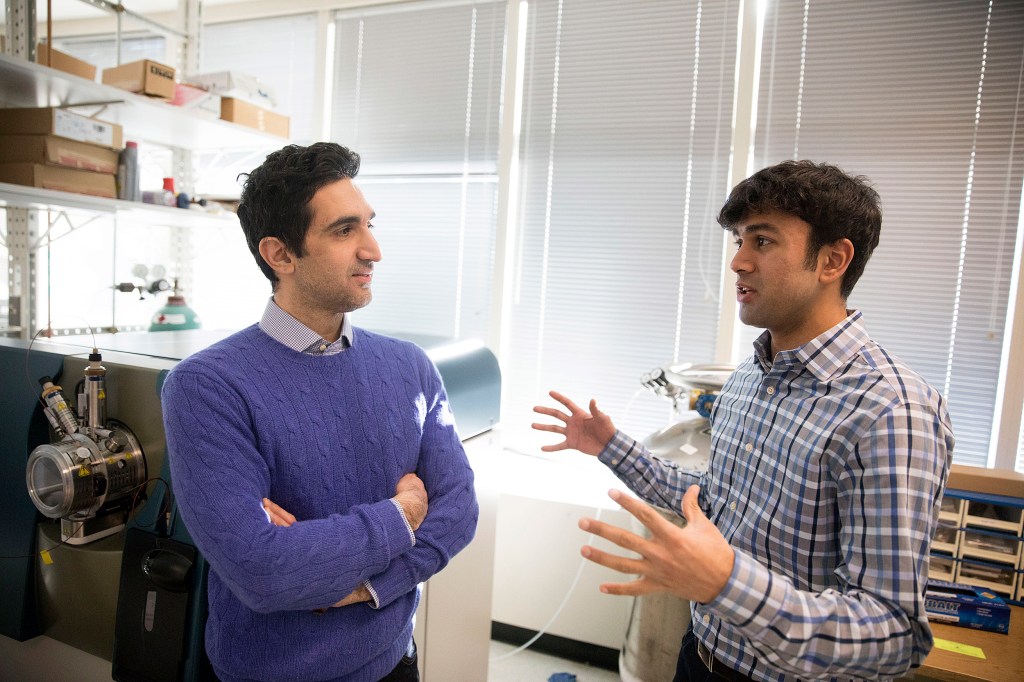
-
Driven by ego? This book’s for you
Harvard-trained psychiatrist Mark Epstein talks about his new book, “Advice Not Given: A Guide to Getting Over Yourself.”

-
Mapping brain lesions for clues to criminal behavior
Harvard researchers worked with colleagues to map brain lesions in 17 patients who exhibited criminal behavior after — but not before — the lesions appeared.

-
Researchers work to fill gaps in Chinese health care
Harvard researchers are collaborating with government officials in China on an experiment aimed at improving quality of care at hospitals in some of the country’s poorer regions.
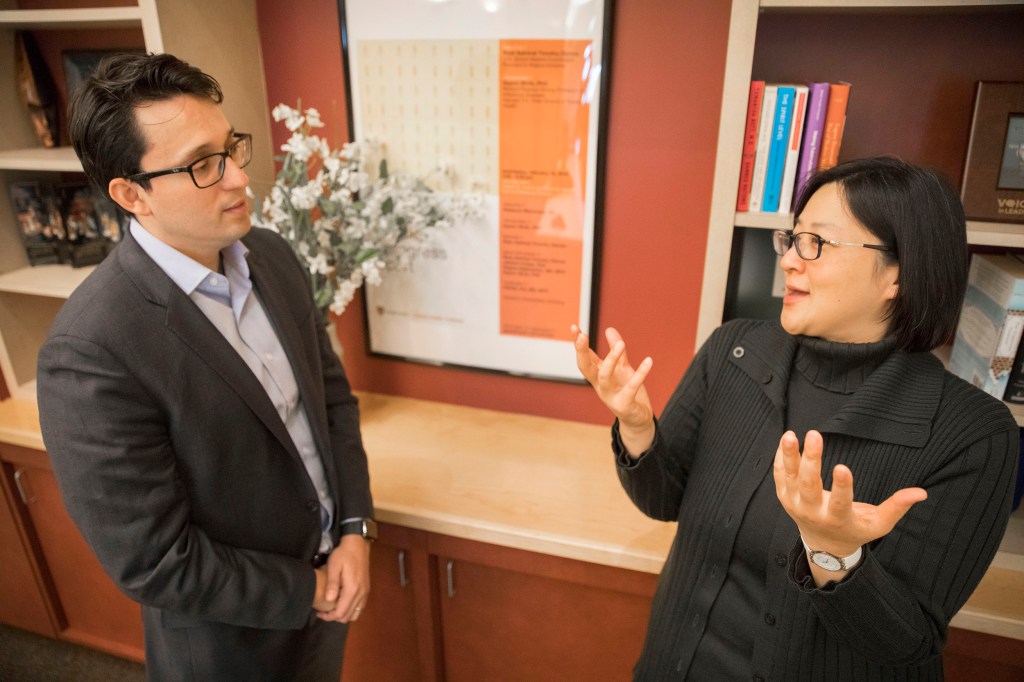
-
Discerning bird
To look at him, Griffin doesn’t seem like he’d be smarter than your typical 4-year-old — he’s a bird, after all. But the African grey parrot can easily outperform young children on certain tests, including one that measures understanding of volume.

-
Study identifies hundreds of genetic ‘switches’ that affect height
Researchers discovered hundreds of genetic “switches” that influence height, then performed tests that demonstrated how one such switch altered the function of a key gene involved in height difference.
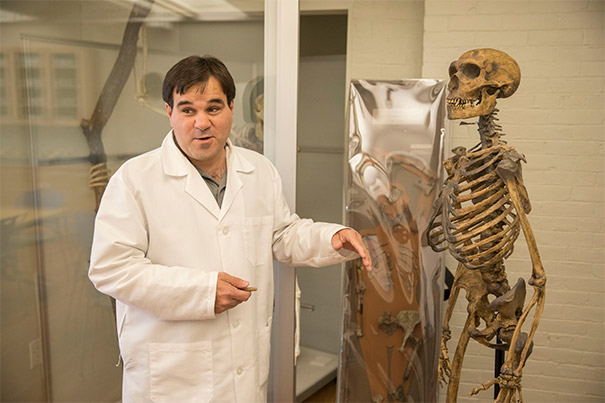
-
When the doctor’s away
When fill-in physicians take over care in hospitals temporarily, mortality levels remain stable, a new study says.

-
For family, doctors, life and death were inseparable
Surgeons at MassGeneral Hospital for Children faced a wrenching decision in a procedure to separate twins conjoined at the abdomen and pelvis.

-
New clues to Alzheimer’s disease
McLean Hospital researchers have found energy dysfunction in the cells of late-onset Alzheimer’s patients, which may be a piece of the disease’s complex puzzle.
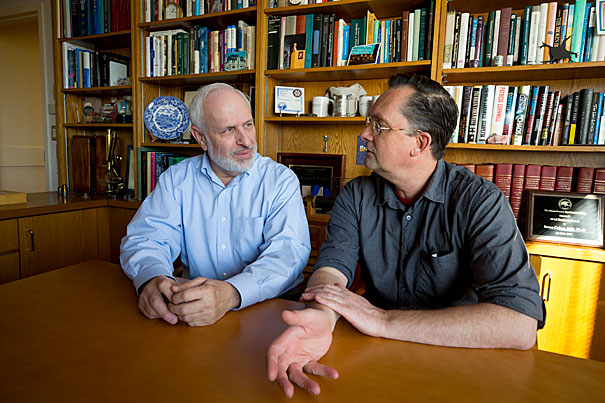
-
A passion for nature, in beetles
A collection of 150,000 beetle specimens, donated by businessman and longtime Harvard benefactor David Rockefeller, arrives at the Harvard’s Museum of Comparative Zoology.
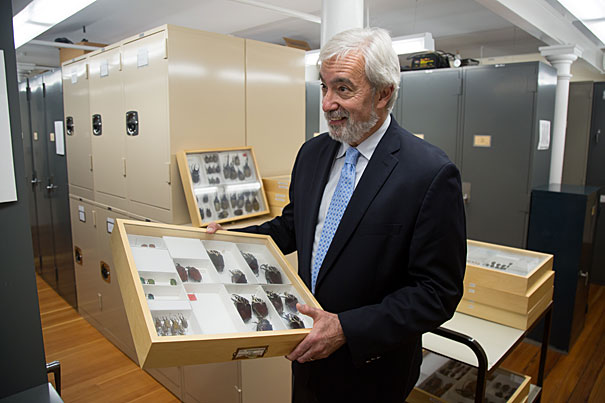
-
Alarming obesity projections for children in U.S.
If current trends continue, more than 57 percent of U.S. children will be obese at age 35, according to a new study from the Harvard Chan School.

-
Unraveling the brain’s secrets
Harvard scientists are among those who will receive more than $150 million in funding over the next five years through the National Institutes of Health’s Brain Research through Advancing Innovative Neurotechnologies (BRAIN) Initiative.
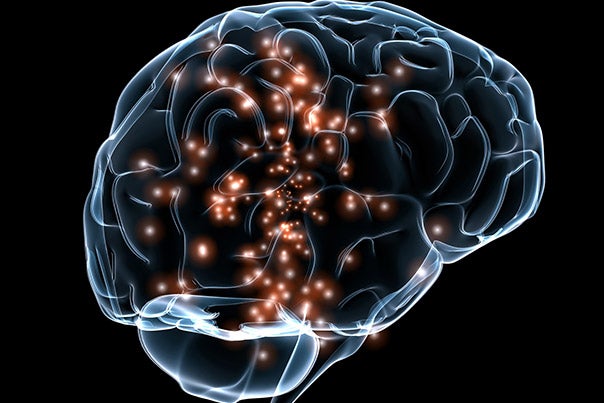
-
Study explores whole-body immunity
New research on the immune system suggests that the molecule interferon plays an important role in activating antiviral genes across many tissues, helping against infection.

-
Microbial menace
A new study has shown that — under certain conditions — gut microbes can consume enough of a key nutrient to cause a deficiency in their hosts.
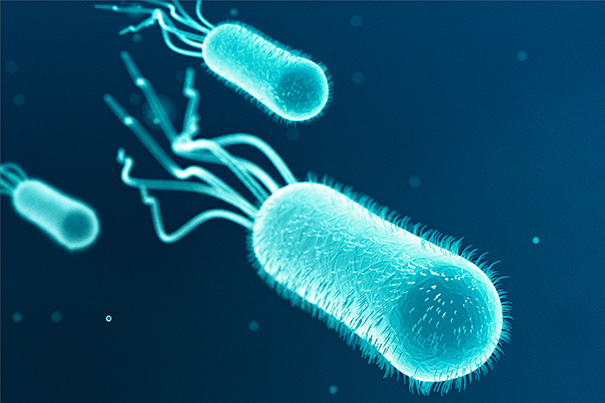
-
Hitting diabetes where we eat
Experts gathered at the Harvard Chan School to discuss recent developments in the fight against the country’s diabetes epidemic.
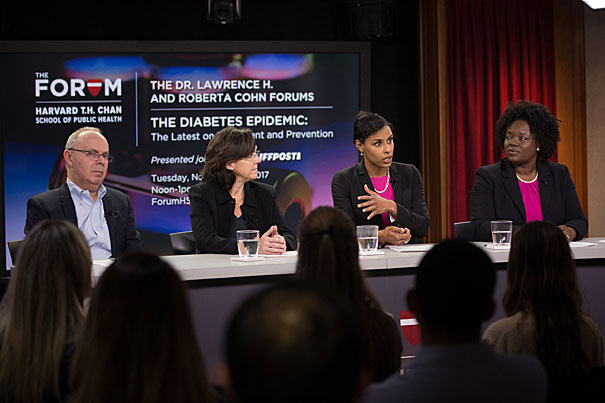
-
Launching a space mission from the deepest ocean
Scientists from Harvard and Woods Hole are collaborating on deep-sea technologies that could be a model for exploring oceans on the moons of Jupiter and Saturn.
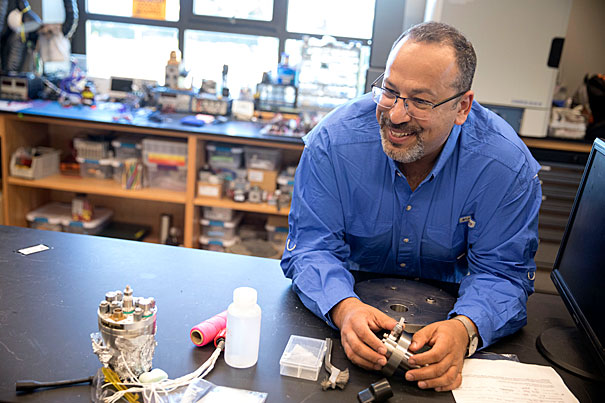
-
A ‘virtual dinner’ where the chefs are invisible
Harvard professors hosted a “virtual dinner” at the Harvard Ed Portal to explain the microbial processes involved in food production, preparation, and consumption.
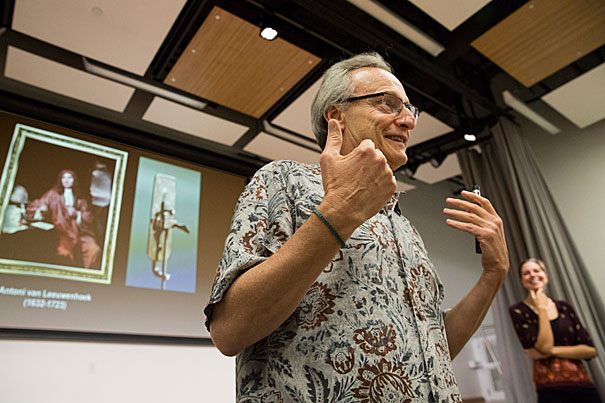
-
Life of the party
A festival at the Harvard Museum of Natural History will feature these photos capturing an “invisible” world in all its glory.



